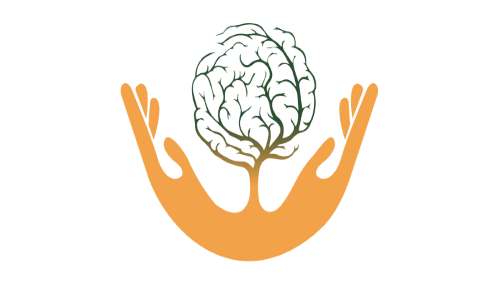
by Nathan Croy, MA, LCMFT | Oct 14, 2019 | Uncategorized
It is time to think about safety planning in a new way! A holistic idea of safety that includes spiritual, sexual, economic, social, relational, physical, and psychological aspects of people allows for the creation of more effective and personalized care. The idea of safety planning is not disparate from treatment planning and, as research has shown, is only effective when integrated with treatment. This presentation will teach practitioners how to create meaningful treatment/safety plans that will increase insight and autonomy in individuals and families by looking at the history of safety planning, obstacles to successful implementations, current research, and instruction on how to create their own safety plan.
Objectives:
a). Describe the history of safety planning.
b). Name at least two strategies to get “buy in” from clients before completing safety plans.
c). Learn and practice completing a client safety plan.
Target Audience:
The target audience for this event includes psychologists, licensed clinical social workers, licensed counselors, MFT’s, and other clinical mental health professionals.
Instructional Level: Intermediate
Instructor(s): Nathan D. Croy, MA, LCMFT
Material Author(s): Nathan D. Croy, MA, LCMFT

Nathan D. Croy is a clinically licensed marriage and family therapist, practicing systemic existential psychotherapy. He manages a group practice in Overland Park, KS and is trained in Parent Management Training, Trauma Systems Therapy, and EMDR. Nathan has given presentations at schools, churches, foster parent organizations, and businesses on a variety of subjects to address frustration, fear, trauma, and attachment in order to increase healthy interactions and relationships. At Bethel Seminary in San Diego, Nathan earned his masters in marriage and family therapy while providing therapy at the San Diego Rescue Mission for families, children, and individual on an inpatient and outpatient basis. In 2012, he moved to Kansas where he initially worked at KVC in foster care as a Family Service Coordinator before transferring to Prairie Ridge Psychiatric Hospital. Then, in 2014, he was offered a therapy position at The University of Kansas Hospital, Marrilac Campus. While there, the need for families to therapeutically treat existential concerns became very clear, and in response to that need, Existential Family Therapy was created. When not providing therapy, Nathan enjoys spending time with his wife of 14 years and 2 wonderful daughters. His family also has a wonderful dog named Luna (because she barks at the moon).
For additional information about this course, the instructors, or the material authors, please contact Content Assistance at content@onlinececredits.com.
Featured Materials :
Course materials are found in the Lesson module after a course is purchased.

by Ashley Garrison, LCSW | Sep 3, 2019 | Uncategorized
Suicide assessment and documentation are critical, but sometimes it’s not clear how to do these tasks well. Attend this hands-on workshop to learn the practical application of Linehan Risk Assessment and Management Protocol (L-RAMP), which can be utilized in any clinical setting. This course will walk you through when to use the L-RAMP as an assessment instrument and how to properly document interventions and treatment actions for suicidal clients. While the L-RAMP is an evidenced based suicide risk management strategy used in Dialectical Behavior Therapy (DBT), there is no requirement or prerequisite for knowing or using DBT in order to begin to use the L-RAMP.
Objectives:
a). Integrate the L-RAMP as a suicide assessment tool into clinical practice.
b). Report increased knowledge and skill set on how to use the L-RAMP for clients with suicidal ideations, gestures, and attempts.
c). Assess for use of the L-RAMP in clinical practice.
d). Complete case scenarios using L-RAMP.
Target Audience:
The target audience for this event includes psychologists, licensed clinical social workers, licensed counselors, MFT’s, and other clinical mental health professionals.
Instructional Level: Intermediate
Instructor(s): Ashley Garrison, LSCSW, LMSW
Material Author(s): Ashley Garrison, LSCSW, LMSW
Ashley Garrison, LCSW, is the founder and owner of Hope & Healing, LLC. She currently contracts with an outpatient practice to perform and deliver an adherent DBT program model, and participates in a DBT consultation team that meets weekly to ensure DBT adherence. While Ashley uses a wide variety of evidence-based therapy models, she specializes in the use of Dialectical Behavioral Therapy (DBT), and has expertise in performing both stage I and stage II DBT treatment. Ashley conducts individual, group, and couples therapy, and brings nearly 10 years of experience as a social worker working with adults, children, and adolescents in a variety of settings. Additionally, she has trained and supervised several graduate students in their work with clients experiencing psychiatric and behavioral health needs.
For additional information about this course, the instructors, or the material authors, please contact Content Assistance at content@onlinececredits.com.
Featured Materials :
Course materials are found in the Lesson module after a course is purchased.




